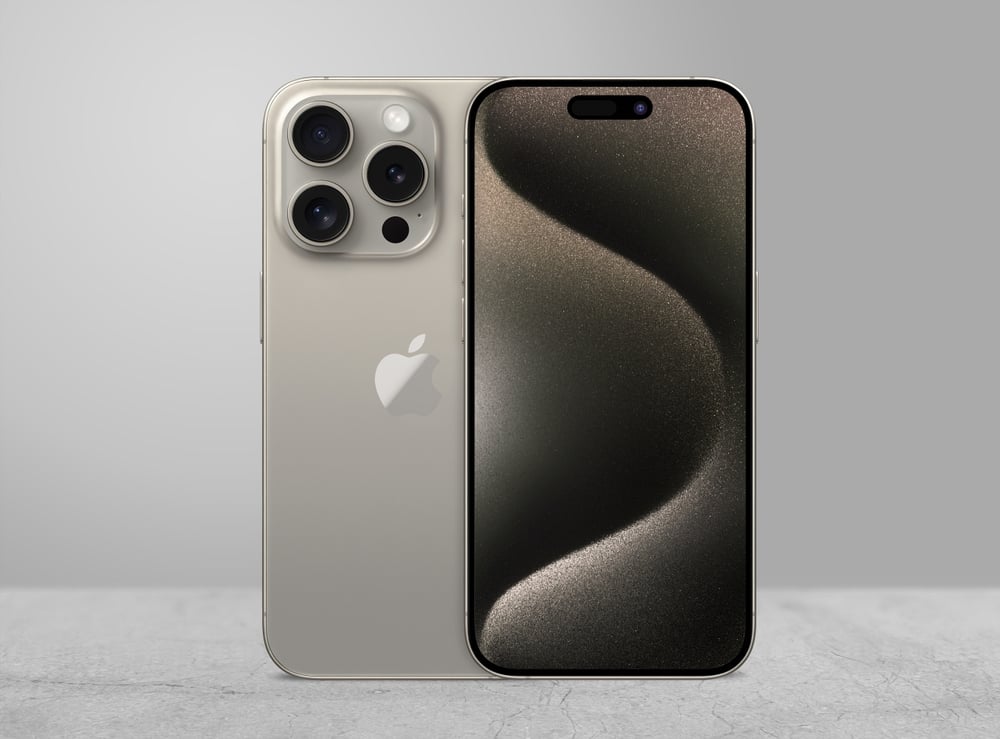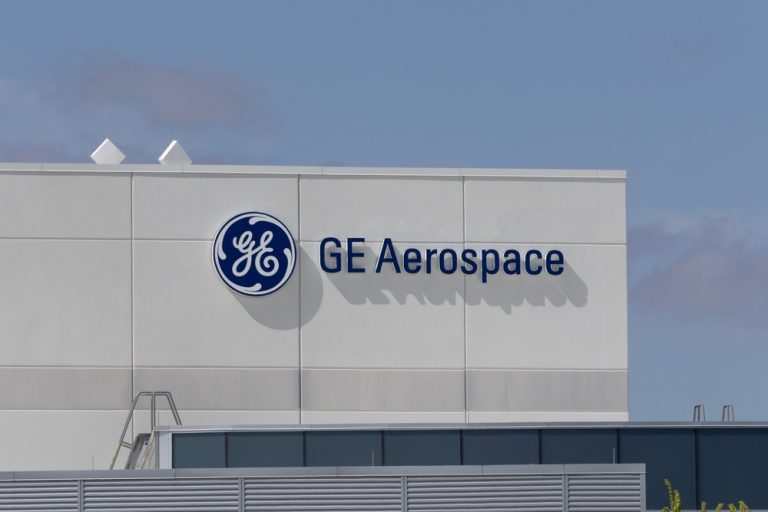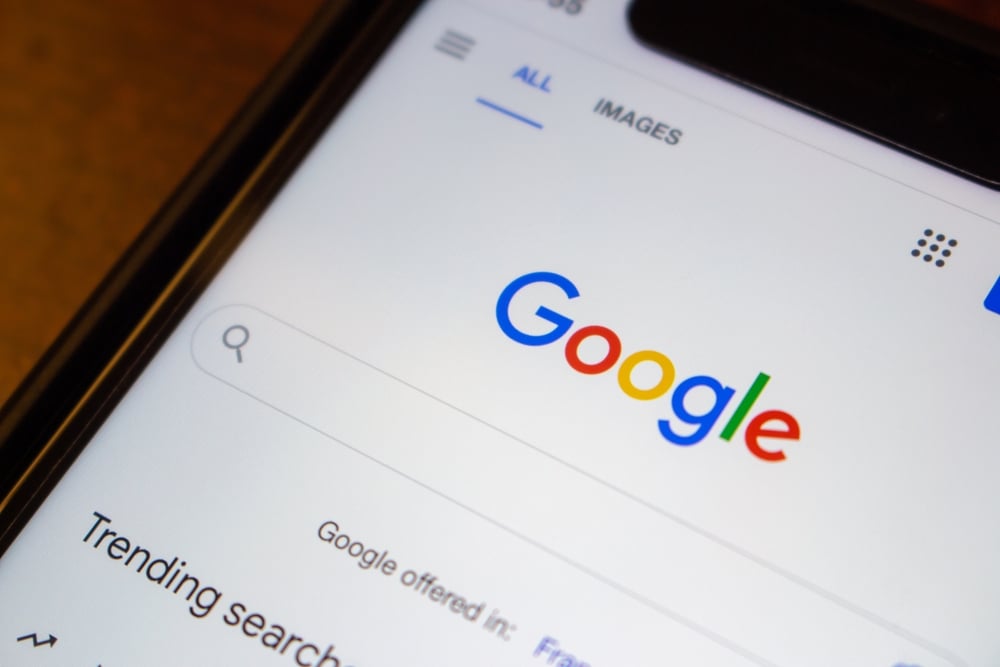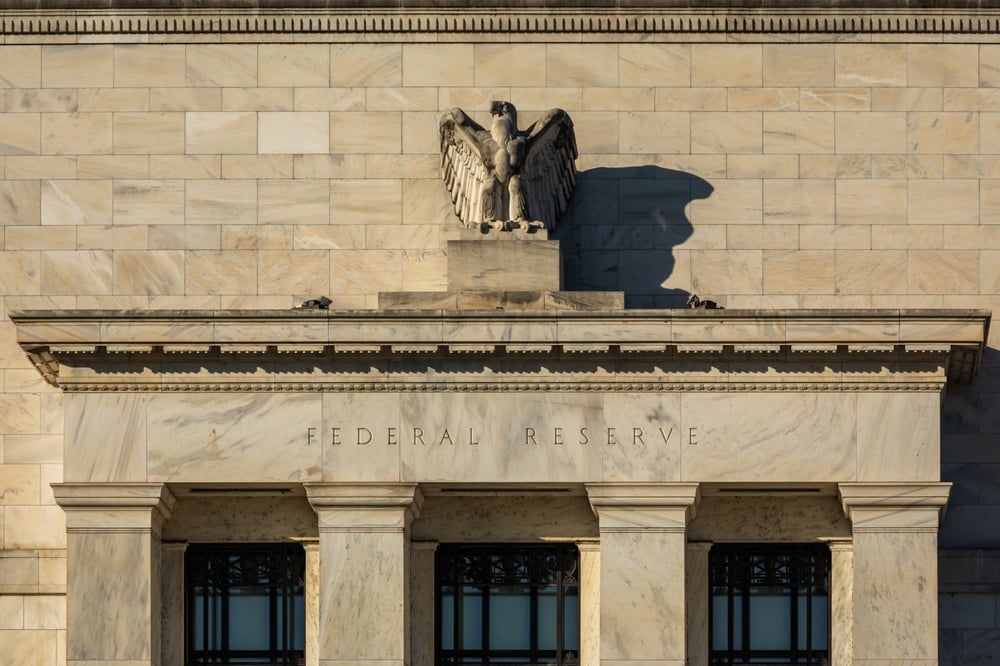Despite geopolitical tensions and significantly higher costs, demand for the new iPhone in Russia has surged. According to local retailers, pre-orders for the latest iPhone model have increased by 15% compared to last year. This demand persists even though Russian consumers are paying up to 50% more for the device than customers in Western markets due to import restrictions and economic sanctions linked to the ongoing conflict in Ukraine.
Higher Prices, Higher Demand: Russia’s iPhone Pre-Order Boom
Russia’s electronics retailers are reporting a strong surge in pre-orders for the new iPhone. According to Lyudmila Semushina, spokesperson for electronics retailer Restore, demand is 15% higher than it was for the iPhone 15. Pre-orders began on September 10, and physical sales are expected to start next week, even as Russians face steep price hikes for the latest model.
Prices for the iPhone in Russia are significantly higher than in the U.S. due to “parallel” imports, which allow goods to enter the country without the brands’ direct involvement. The iPhone 16 starts at 112,999 roubles ($1,225) for the 128GB model in Russia, over $400 more expensive than the U.S. price of $799. The high-end 1TB iPhone Pro Max is offered for 249,999 roubles ($2,710), compared to $1,599 in the U.S.
Russia’s Parallel Imports Keep Goods Flowing
Since the invasion of Ukraine in 2022 and the subsequent sanctions imposed by Western companies, including Apple, Russia legalized “parallel” or “grey” imports to maintain access to consumer goods. Under this system, electronics like iPhones are imported through third-party countries such as Turkey, China, and Kazakhstan, which have not imposed sanctions on Moscow. These channels have become crucial for supplying Russia with goods from brands that have halted direct sales.
Semushina stated that iPhones arriving in Russia are sourced from “all over” but did not specify the countries of origin. While Apple halted all official sales and services, including ApplePay, in March 2022, Russians still find ways to access the tech giant’s products through unofficial channels.
Varying Prices for Consumers
The price of an iPhone in Russia is largely dictated by the parallel import system. Semushina explained that prices can vary widely depending on the source, stating, “There is an official retailer’s price, there are prices of grey sellers—those who bring their hardware in suitcases—so prices may vary.” Since the shift to parallel imports, official calculations on the premium that Russian consumers pay have ceased, leaving the market to fluctuate based on availability and demand.
Despite the complex and often pricey process of obtaining the latest iPhone, Russians appear unfazed. The appeal of owning the latest model has kept demand robust, with consumers willing to pay a premium for access to Apple’s coveted devices.
How Sanctions Are Shaping Russia’s Electronics Market
The departure of major brands like Apple from Russia has had a profound impact on the country’s electronics market. With no direct sales or official support from Apple, Russian consumers must rely on parallel imports to access the newest technology. This has also led to higher prices across the board for premium products, as well as a lack of direct customer support from manufacturers.
However, retailers like Restore are managing to navigate this new landscape, and consumer interest remains strong. “We stopped making official calculations on the premium Russian consumers pay,” Semushina explained, emphasizing the role of grey sellers in maintaining the flow of goods despite the limitations.
A Strong Appetite for Apple Despite Challenges
Despite the exit of major Western brands, Russian consumers’ appetite for Apple products remains strong. The surge in pre-orders for the new iPhone suggests that brand loyalty and a desire for the latest technology outweigh the challenges posed by increased prices and the grey market.
While Apple did not respond to inquiries about the sales or pricing of its products in Russia, the ongoing demand reflects the resilience of the Russian consumer market. In the absence of official sales channels, Russians have adapted, relying on third-party imports to continue accessing their preferred technology.
Russians are showing an unwavering demand for the latest iPhone, even as prices soar due to the country’s reliance on parallel imports. With the tech giant halting official sales, consumers are willing to pay significantly more to get their hands on the newest models. As Russia navigates a new era of unofficial imports and fluctuating market prices, the enduring popularity of Apple products suggests that even geopolitical tensions won’t dampen the appeal of high-end technology.























